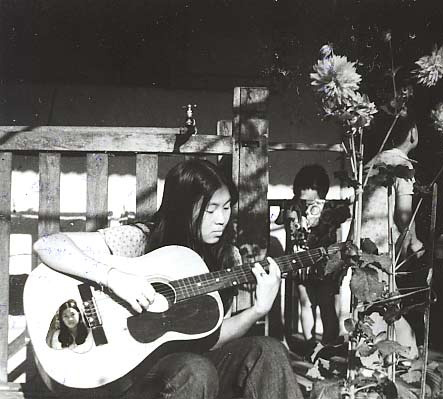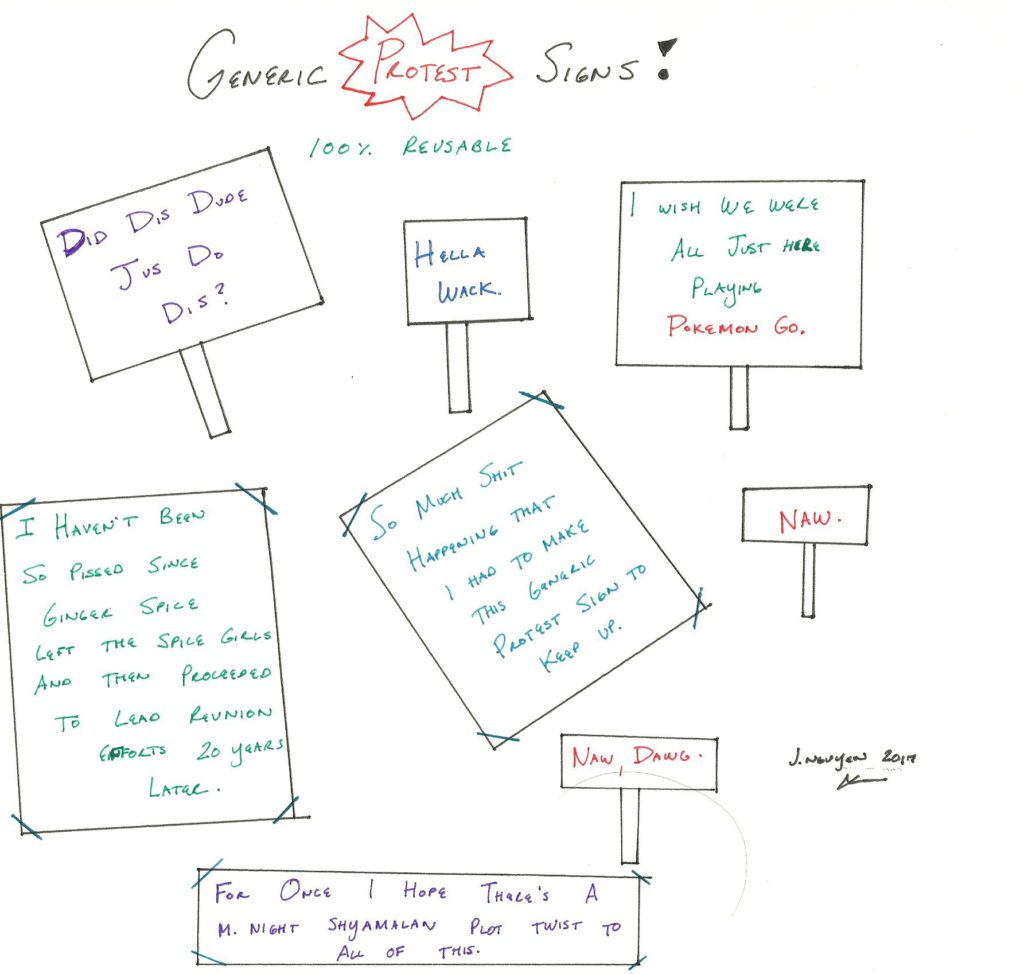This is the story of two conversations with my mother – one exchange taking place a week before the 2016 election and one discussion occurring just a few days ago.
The significance of the first conversation requires context about my mother’s life. Although she has never been afforded a formal education, my mother is, by far, the smartest person I know. She has an infectious wonder when it comes to learning. The list of things she has managed to teach herself is impressive: guitar, long-distance biking, designing and building small sheds, installing hardwood floors, making weird handcrafted fruit baskets with watermelons, running marathons, calculating long-term financial projections on practically anything. The list is infinite because she is constantly learning. When I returned home during the most recent Christmas holiday, my mother had taught herself how to route the basic functions of our house through her smart phone – any of my attempts to turn up the heat was immediately vetoed by my mother with a push of her iPhone.
Along with being the smartest person I know, my mother is also the strongest woman I know. My favorite mommy moment engrained in my memory (which I have written about ad nauseam) was witnessing her negotiate the price of my first car. I remember her intentionally choosing a young, Vietnamese salesperson who exhibited a self-assured swagger. I can hear her asking inane questions about the car (“Oh, the windows roll down automatically?”) as a part of her bait-and-switch strategy. I can still recall the walk down that sterile dealership hallway, knowing I was about to witness the equivalent of a spider roping in and feasting on a frantic ant imprisoned in its web.
She sat down in the non-descript office, continued a few pleasantries in Vietnamese, drank a free glass of water. When the salesman nudged the conversation towards the car, she named her price in English and then proceeded to sit there like a Buddhist monk, or a rock, or any object exhibiting bored, disinterested inertia. Counter offers were rebuffed, always in English, by her threats to walk – this salesman was unaware that my mother and I had spent months creating a full inventory of similar cars and their features within a 40 mile circumference of our house. It’s been almost 15 years, but I vividly remember the color of his shirt – a maroon button down, its hue becoming deeper and deeper with each drop of pit sweat until he finally relented at her price. It was his first sale. She was happy for him.
This was the way she approached most things in life – methodically, strategically, never waiting for a call because the most worthwhile things in life would call her.
I give this context so that we can step into future – 2016, a few days before the presidential election, my car parked in the driveway. It’s already dark and I’m exhausted from the day, but we’re engaged in a confusingly tense phone conversation. She’s revealed that she won’t be voting for Hillary Clinton, who she fully supported in 2008. I’m trying to process and decipher the strands of conversation. Is this about healthcare, or the economy, or about a need for change? I’m still the researcher and she’s still the negotiator, but we’re no longer working together.
“They’re both bad candidates, but I’ve never like my female bosses,” she says to me. “I just don’t think women make good leaders or presidents.”
I can’t summon up much to say after that statement, but I wish I could have said, “Mom, do you even know who you are?”
—
The second conversation transpired a few days ago. Since the election, each of my near daily conversations with my mother has had a monotonous rhythm – a discussion about my work, our recipes, her upcoming marathon in Berlin and the insignificant, daily occurrences that help us avoid speaking about politics.
The significance of this second conversation also requires context about my mother’s recent life story. For the better part of two decades, my mother applied her patient, methodical, and strategic approach to her career – she steadily rose from stripping fiber optics cables on an assembly line to being the line’s shift leader, which transformed into an opportunity to do clerical work for the assembly line, which morphed into an office manager position. If the rise was slow, the fall was sudden and at the whims of Texas’ boom or bust economy. Last year, as the oil prices dipped, she was without a job – her livelihood, her community, and her healthcare – for the first time in nearly 20 years.
This is the context she spoke from when we finally broached the topic of politics last Thursday evening beginning with healthcare. I was ready with my arsenal of facts ranging from cost effectiveness to the moral argument for universal healthcare. I had esoteric, intellectual bullet points to pit against the substantial, difficult changes she had just experienced in her life.
“I used to think like you, believe me,” she said in her characteristic calm. “I don’t like to be anti-anything, but when you have nothing, it’s hard. I can’t tell you that I know everything, but I just want to tell you how I feel.”
At that moment, I couldn’t figure out how to out-fact feeling. It wasn’t enough to remind her who she was.
—

